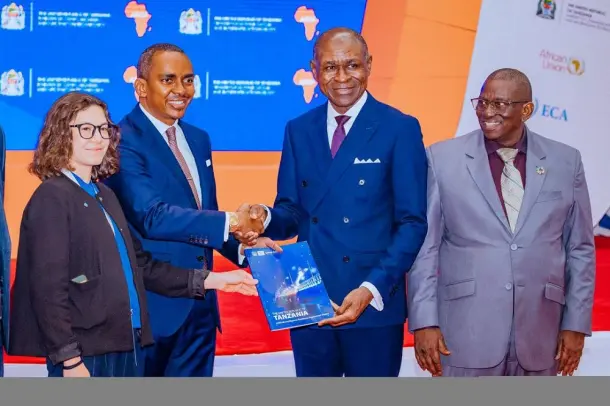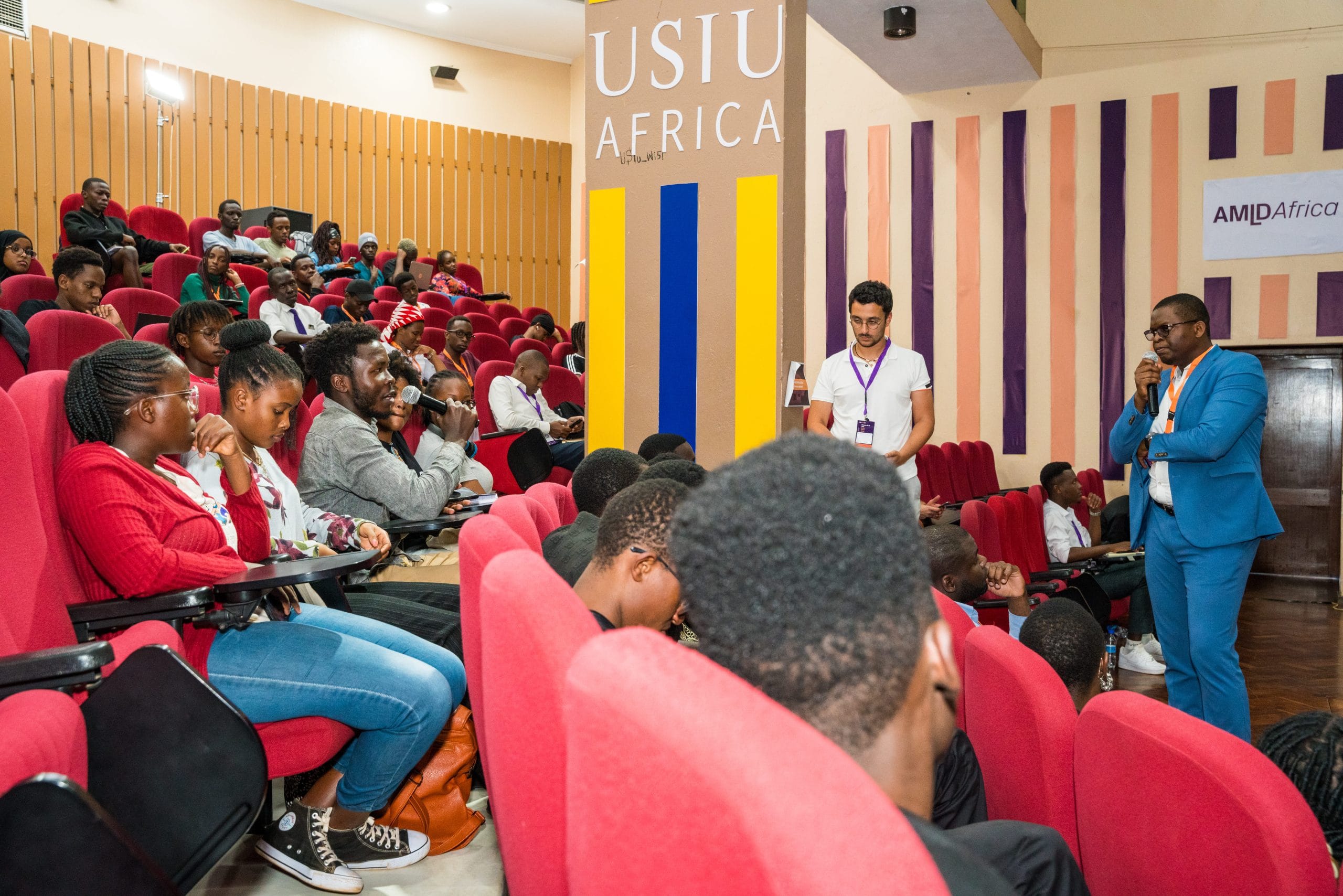September 21, 2025 – In a bold move to position Africa as a key player in the global artificial intelligence landscape, Nigeria has unveiled N-ATLAS v1, an open-source, multilingual, and multimodal Large Language Model (LLM). The announcement, made on the sidelines of the 80th United Nations General Assembly (UNGA80) in New York, highlights Nigeria’s commitment to inclusive AI that amplifies African voices and diversity. Built on Meta’s Llama 3 architecture, this innovative model represents a significant step toward bridging the digital divide in language technology, where African languages have historically been underrepresented in AI systems.
What is N-ATLAS and How Does It Work?
N-ATLAS, short for Nigeria’s African Tongue Language AI System, is designed to handle multiple languages native to Nigeria, starting with Yoruba, Hausa, Igbo, and Nigerian-accented English. This focus on local dialects and accents ensures that the AI is culturally relevant and accessible to Nigeria’s diverse population of over 200 million people, many of whom speak one of the country’s more than 500 indigenous languages.
At its core, N-ATLAS is fine-tuned from Meta’s Llama-3 8B base model, a powerful open-source LLM developed by the tech giant formerly known as Facebook. This foundation allows N-ATLAS to leverage Llama’s robust capabilities in natural language processing while being customized for African contexts. The model has been trained on over 400 million tokens of multilingual instruction data, incorporating sources like local news outlets, translated content, and synthetic datasets to ensure accuracy and reduce biases.
Key features include:
– Multilingual Support: Seamless processing and generation of text in supported languages, enabling applications like real-time translation and content creation.
– Multimodal Functionality: Integration of speech technologies, such as language-specific Automatic Speech Recognition (ASR), which converts spoken words to text. Future versions may expand to Text-to-Speech (TTS) for even broader accessibility.
– Instruction-Following and Tool Integration: The model excels at handling user queries, integrating with external tools, and performing tasks like chatbots or educational aids, all while maintaining strong performance in English.
Hosted on platforms like Hugging Face, N-ATLAS is available for download and exploration, encouraging developers, researchers, and businesses to build upon it under a custom open-source license based on Apache 2.0 and MIT, with attributions required to the Nigerian government and partners.
The Collaborative Effort Behind N-ATLAS
The development of N-ATLAS is a testament to public-private collaboration in Nigeria’s tech ecosystem. Led by the Federal Ministry of Communications, Innovation and Digital Economy under Minister Dr. ‘Bosun Tijani, the project partners with key entities including:
– Awarri Technologies: The primary developer, powering the model’s creation and focusing on AI solutions tailored for Africa.
– National Information Technology Development Agency (NITDA): Overseeing national IT policies and development.
– National Centre for Artificial Intelligence and Robotics (NCAIR): Providing expertise in AI research.
This partnership draws on datasets from across Nigeria’s regions, involving community contributions to ensure the model reflects authentic linguistic nuances. By building on Meta’s Llama 3, the team accelerated development while adapting it to local needs, avoiding the resource-intensive process of training a model from scratch.
Why This Matters: Empowering Africa in the AI Era
The launch of N-ATLAS comes at a critical time when global AI models, often trained on predominantly English and Western data, perpetuate biases and exclude non-dominant languages. As Dr. Tijani stated in his announcement, “This is the first step in a broader journey to make Africa a contributor and leader in shaping AI’s future.” By prioritizing African languages, N-ATLAS aims to foster digital inclusion, preserve cultural heritage, and drive economic growth through applications in education, healthcare, governance, and commerce.
For instance, in agriculture-dominant regions, farmers could use voice-based queries in Hausa to access weather forecasts or market advice. In education, Igbo-speaking students might interact with AI tutors in their native tongue, improving learning outcomes in areas with low literacy rates. This aligns with broader initiatives like Meta’s Llama Impact Accelerator, which supports African AI innovations in sectors such as agriculture and healthcare across countries including Nigeria.
Public Reception and Future Prospects
Since its release on September 20, 2025, N-ATLAS has generated buzz on social media and in tech circles, with praise for its potential to democratize AI. However, some experts call for expanded infrastructure, like subsidized computing resources, to enable more Nigerian developers to contribute. Critics also note the reliance on foreign platforms like Hugging Face, urging fully indigenous alternatives in future iterations.
Looking ahead, the Nigerian government plans to expand N-ATLAS to include more African languages and enhance multimodal features, positioning it as a cornerstone for continent-wide AI leadership. As AI continues to reshape the world, initiatives like this underscore the importance of diverse, locally driven innovation.
In an era where technology often widens global inequalities, N-ATLAS—built on Meta’s Llama 3—serves as a beacon of hope, proving that Africa can not only participate in the AI revolution but lead it. For more details, developers and enthusiasts can explore the model at its official repository.




